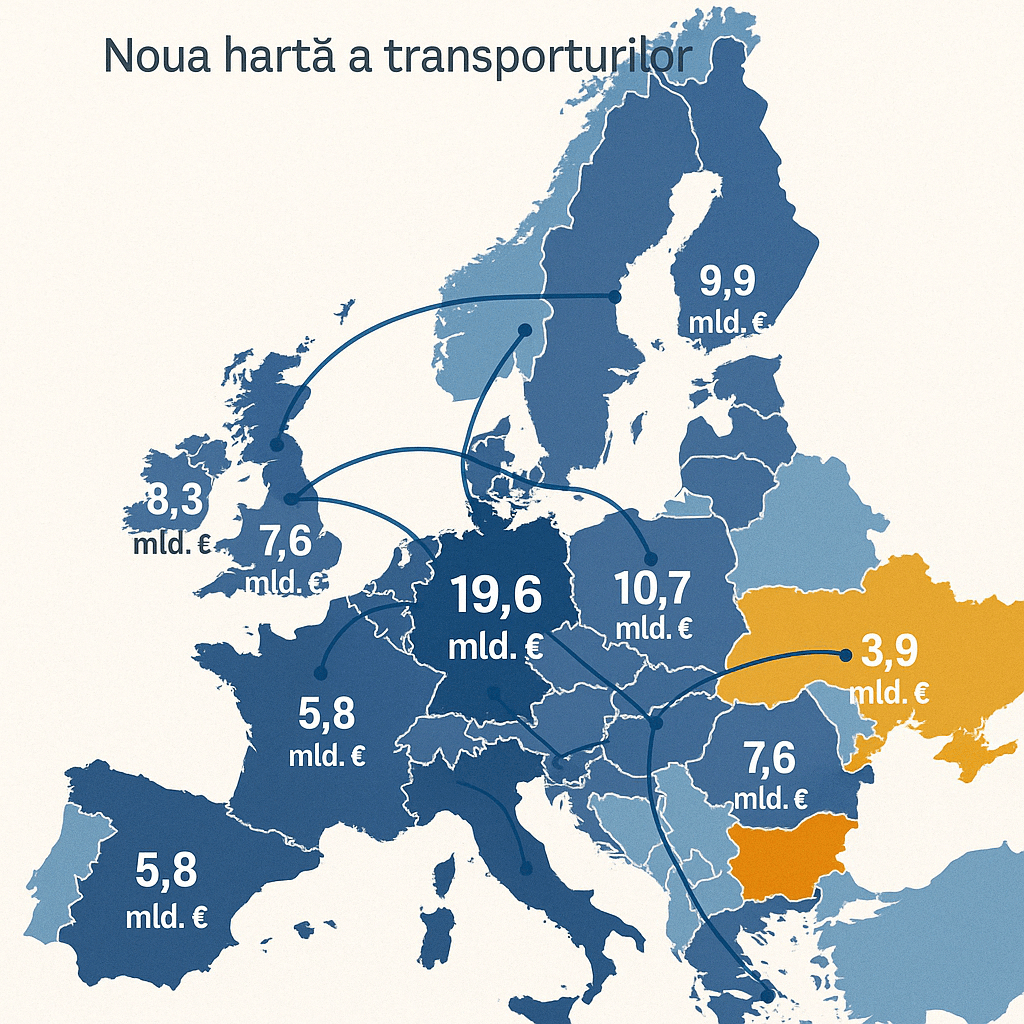DSV – the Danish logistics colossus – has officially announced the acquisition of DB Schenker.
The deal is expected to be finalized by April 30, 2025, marking one of the most significant transactions in European logistics history.
DSV official website | DB Schenker official site
Helmut Schweighofer on LinkedIn
Who is DSV and how did it become a logistics leader?
Headquartered near Copenhagen, DSV operates in over 80 countries. Founded in 1976, it grew rapidly through strategic acquisitions – including Panalpina (Switzerland) and Agility GIL (Kuwait).
By acquiring DB Schenker, DSV becomes the undisputed leader in European road freight, while also expanding influence across North America, the Middle East, and Asia-Pacific.
Germany gives up a key economic asset
DB Schenker, part of Deutsche Bahn until now, has been a cornerstone of German exports and logistics for over 150 years. The sale provides the German state with liquidity to reinvest in rail infrastructure – but comes at the cost of losing control over a vital strategic sector.
Helmut Schweighofer, current CEO of Schenker Europe, will lead DSV’s Road Division after the deal. In his LinkedIn announcement, he pledged to unite the teams through “respect, openness, and shared strengths.”
Denmark becomes the new command center
This acquisition brings not just assets, but strategic direction under Danish control. Major decisions will now be made in Copenhagen, not Berlin.
Germany retains infrastructure and part of the workforce – but influence shifts north.
Denmark, a nation of only 6 million people, is now in charge of one of the most powerful logistics networks in Europe. A paradigm shift is underway.
What it means for clients and employees
Clients may benefit from faster service and better pricing thanks to a consolidated network. However, employees face uncertainty – with likely restructurings, leadership changes, and team realignments.
Conclusion: The beginning of a new transport era
This is more than a corporate takeover. It marks the dawn of a new European logistics order.
Germany takes a step back. Denmark steps forward.
Who wins? Undoubtedly, Denmark.
Germany retains dignity, but loses control. And Europe begins to look at Copenhagen with renewed attention.




